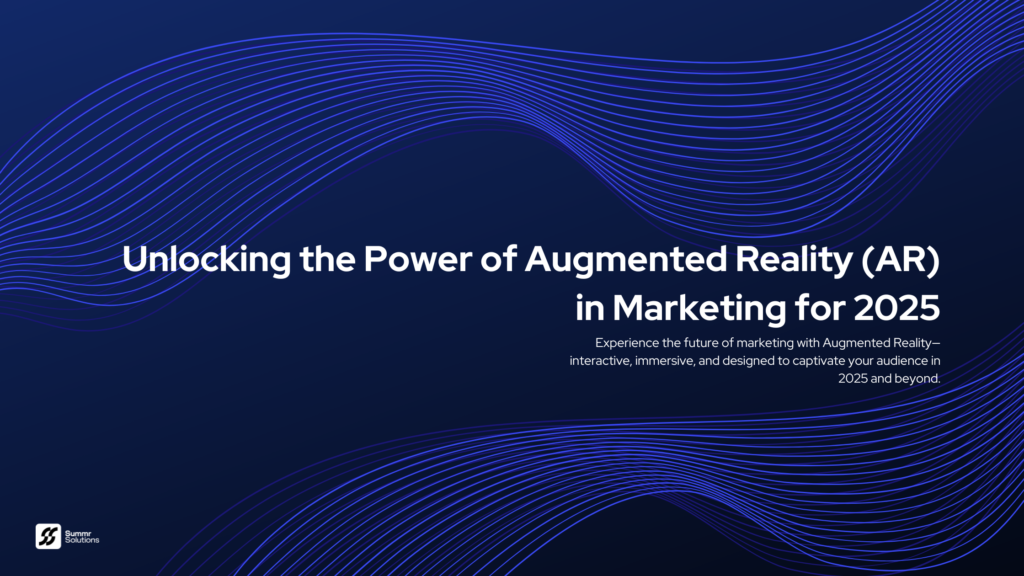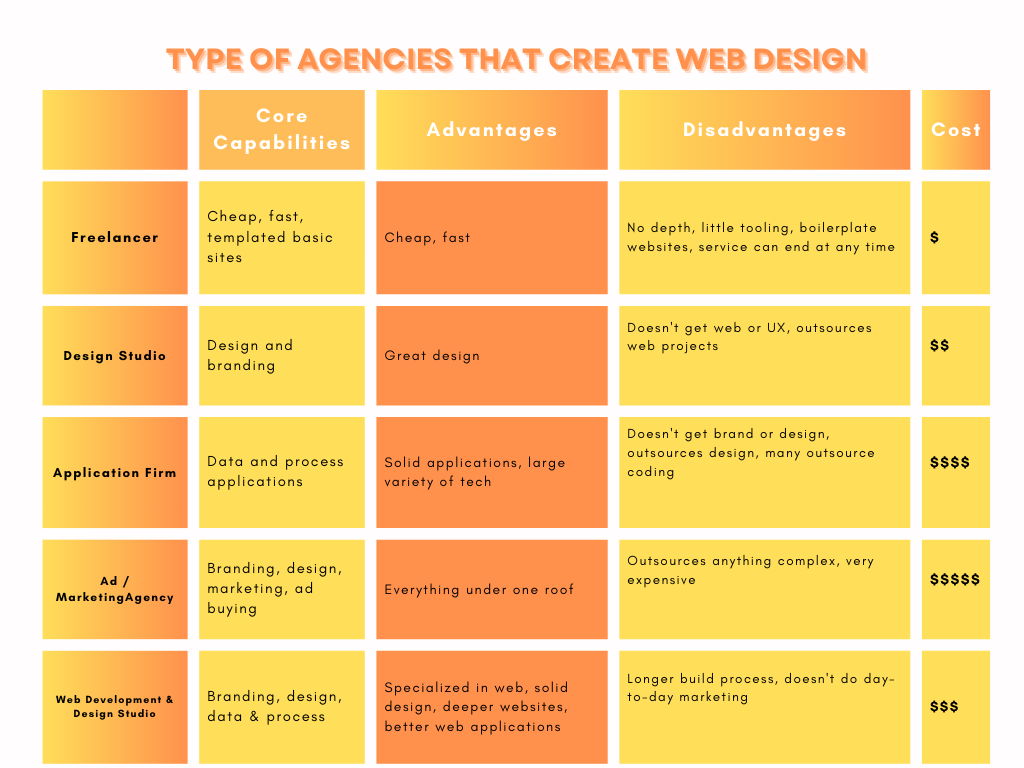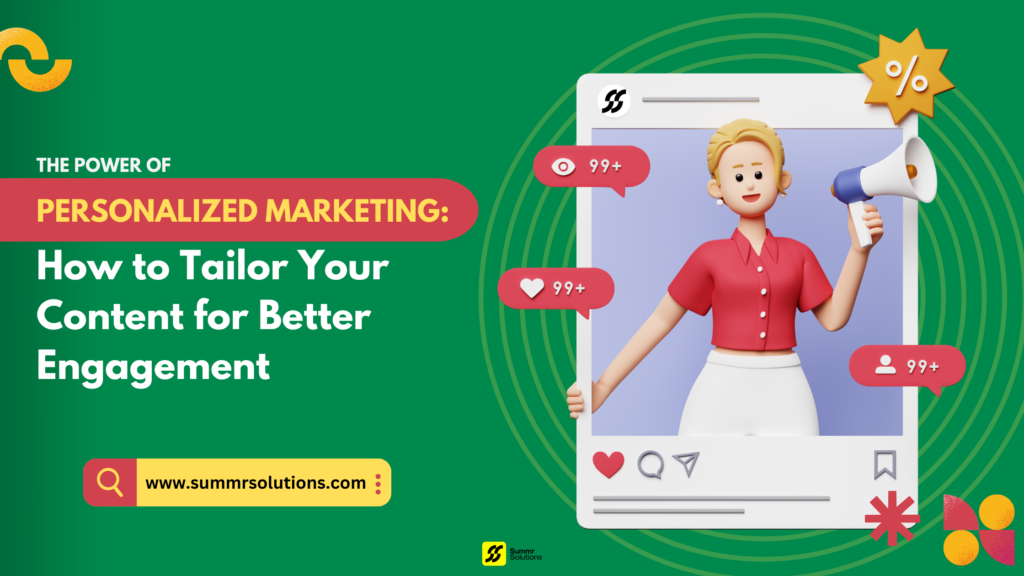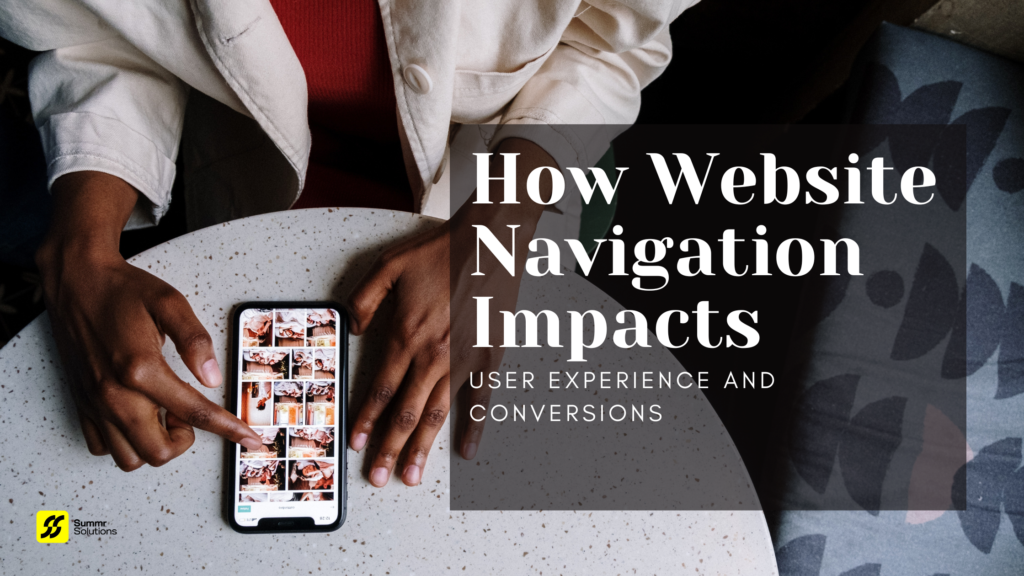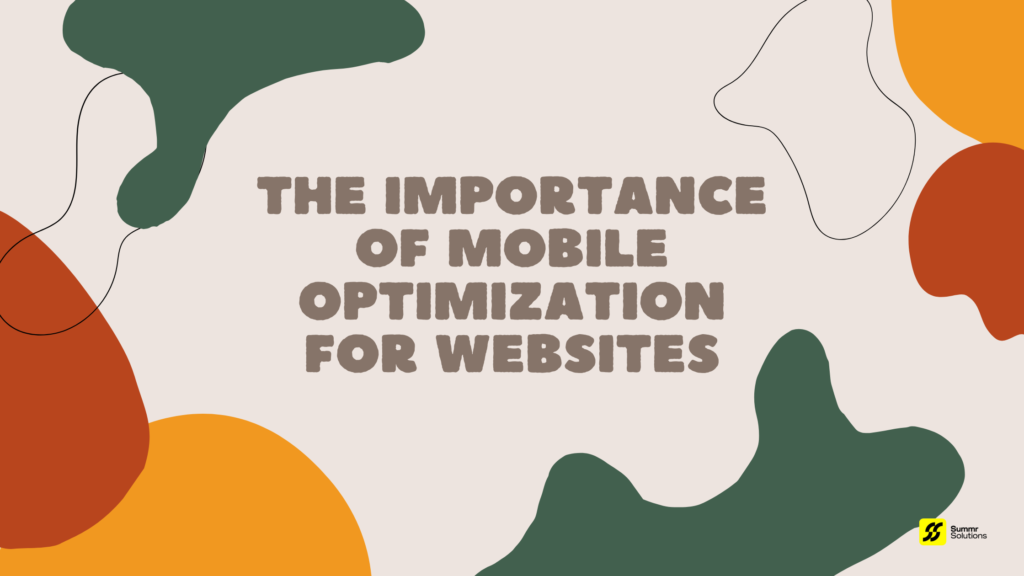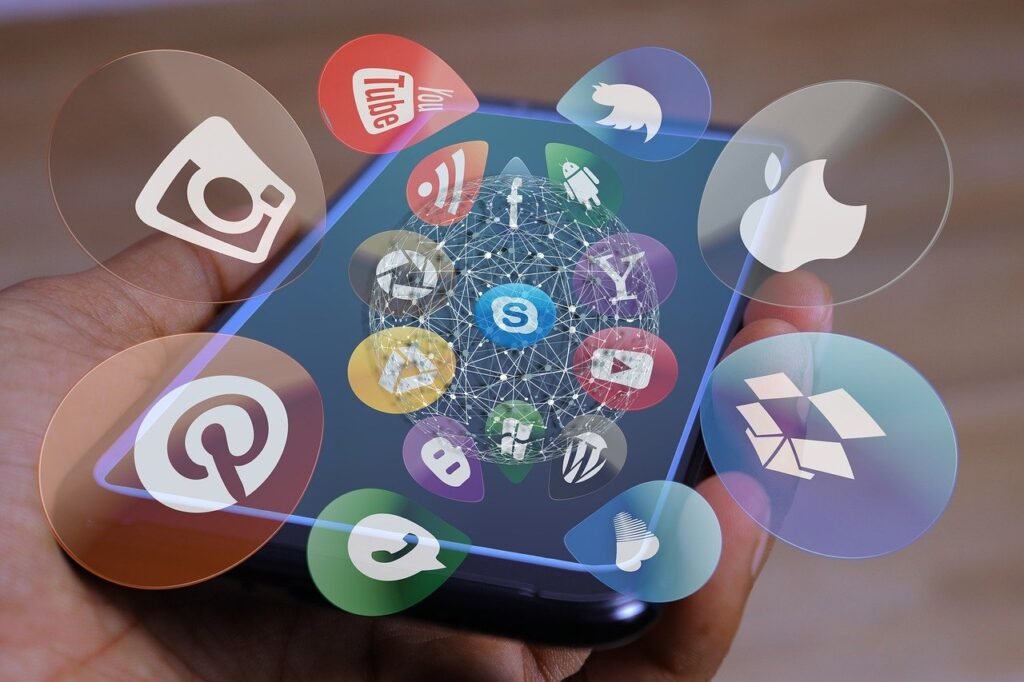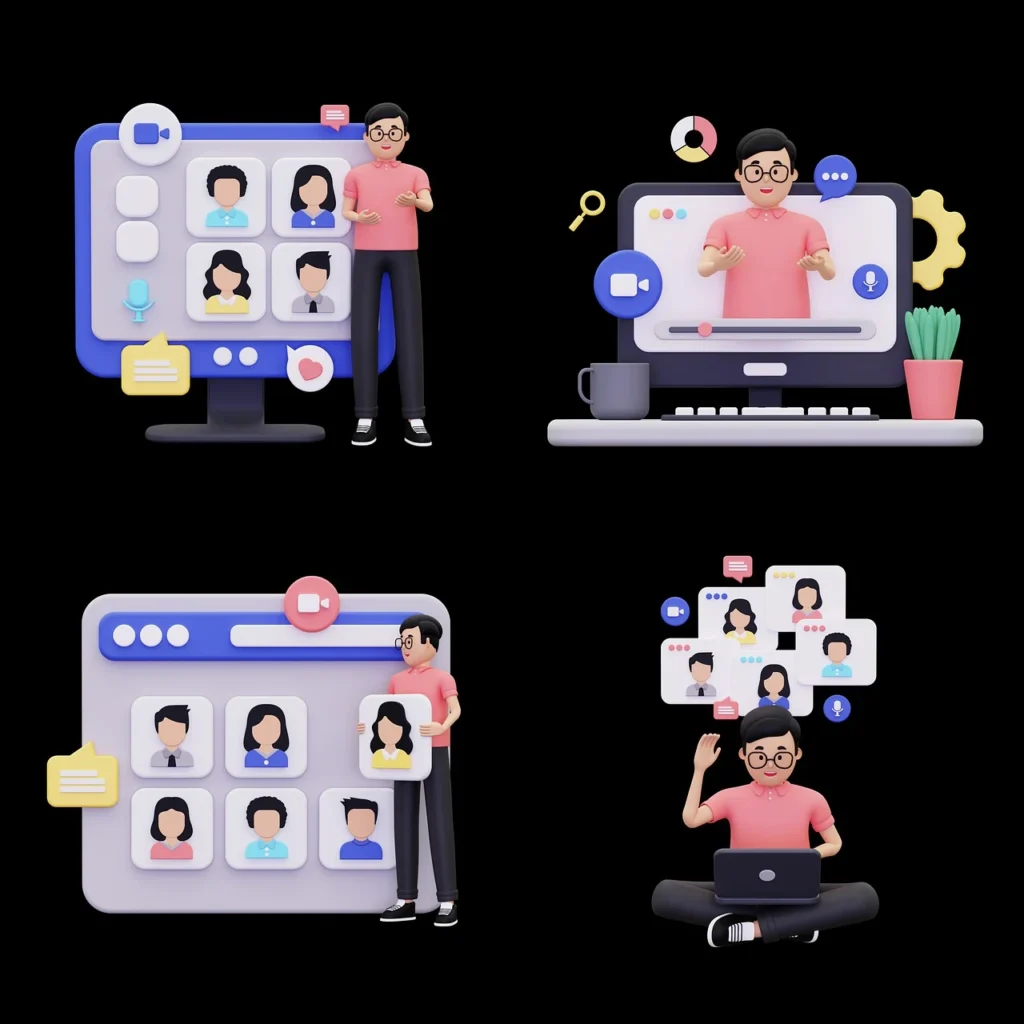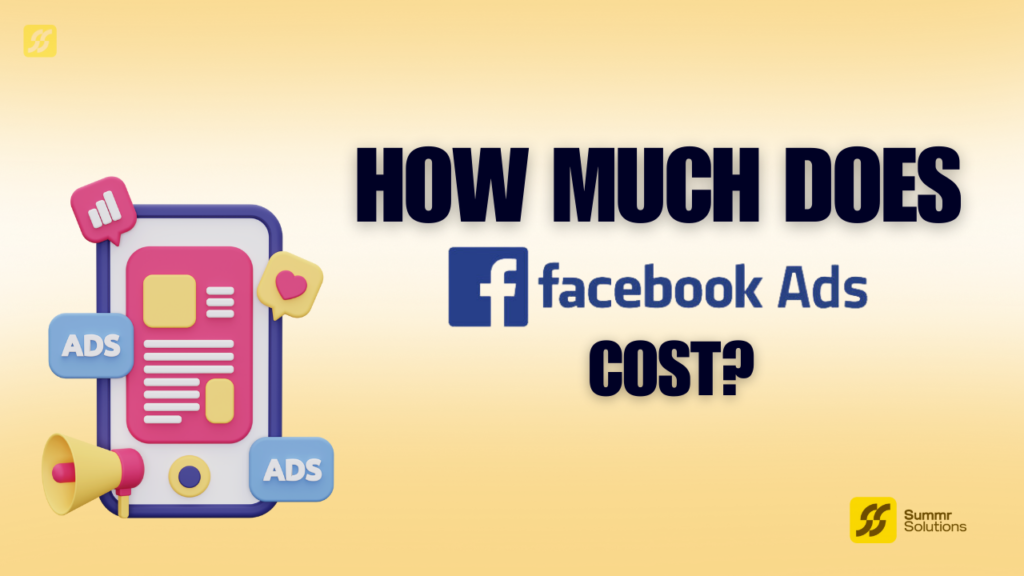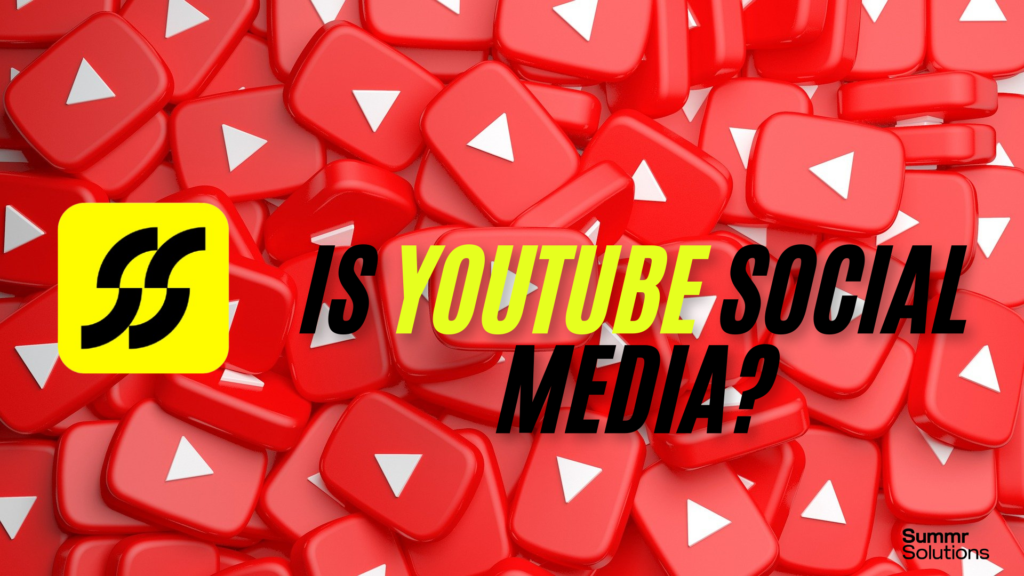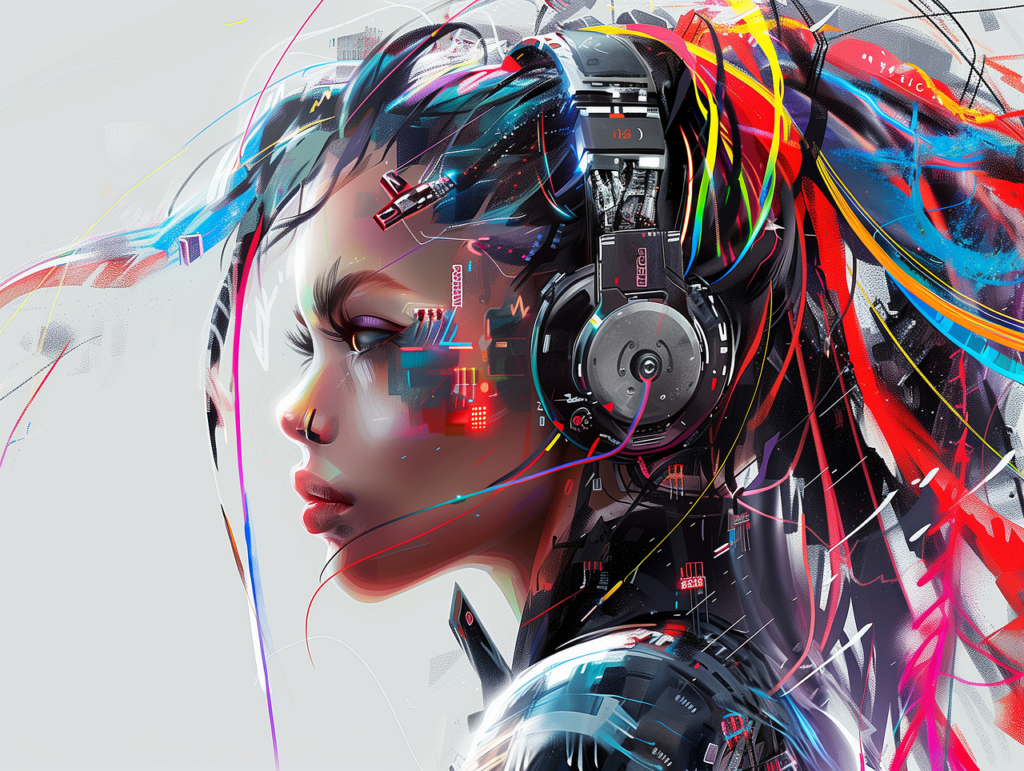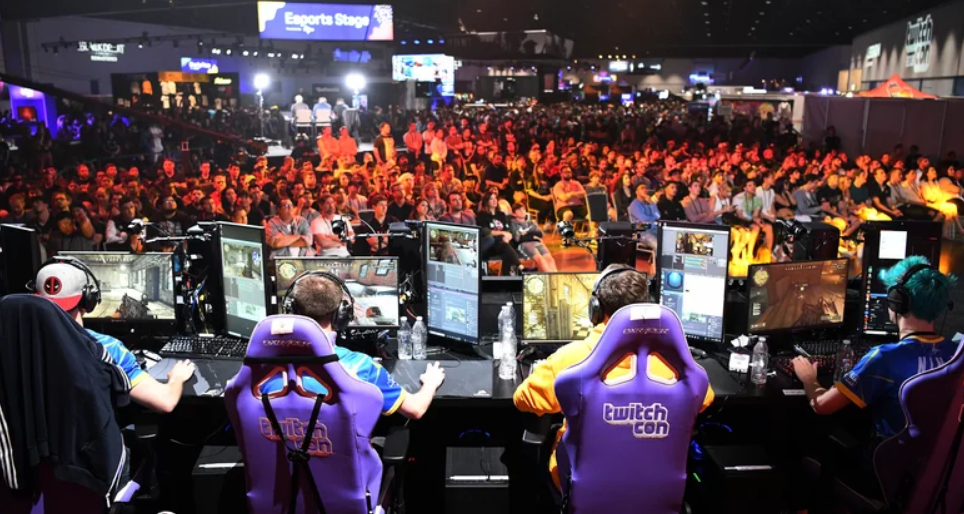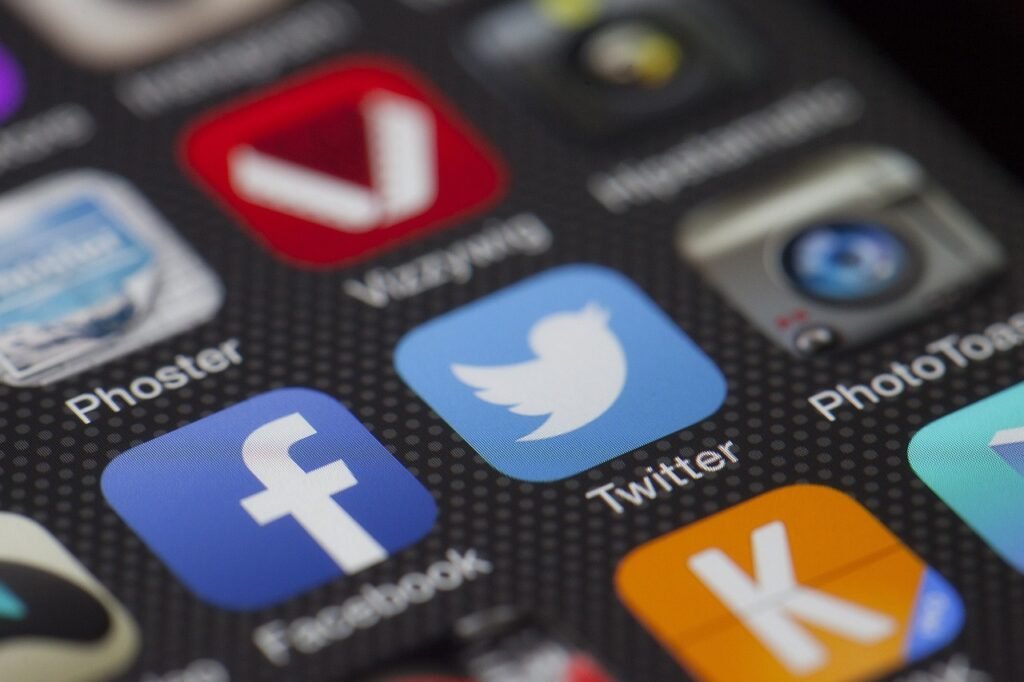The digital landscape is constantly evolving, and as we step into 2024, two transformative technologies, avatars, and generative AI, are at the forefront of this revolution. They’re redefining how brands connect, engage, and create personalized experiences with their audiences. From creating lifelike virtual personas to generating unique, customized content, avatars and generative AI are providing brands with the tools to stand out in an increasingly competitive market.
Let’s delve into how this dynamic combination can elevate your brand to the next level.
1. The Rise of Avatars: The Digital Persona Era
Avatars are digital representations that mirror the personality, voice, and style of a brand or individual. While they’ve existed for years in gaming and online communities, the surge of social media, augmented reality (AR), and virtual reality (VR) technologies has propelled them into mainstream marketing. Today, avatars can be so much more than just 2D or 3D characters—they can be hyper-realistic, expressive, and capable of interacting in real-time, thanks to advances in AI.
Brands are increasingly using avatars as a way to humanize their interactions and provide a consistent brand voice across various digital channels. They allow companies to develop unique brand personalities that can engage with their target audiences in a relatable, memorable, and interactive way. The key advantages include:
- Personalization: Avatars offer a unique opportunity to create a highly personalized experience for each customer. They can adjust tone, language, and even facial expressions to match the preferences of different audiences.
- Scalability: Unlike human representatives, avatars can be present on multiple platforms simultaneously, offering 24/7 engagement without the limitations of physical fatigue or geographical boundaries.
- Consistency: An avatar can maintain a consistent brand message and image across all interactions, ensuring that your brand identity remains intact.
Why not consider creating a unique avatar for your brand? Start exploring how a digital persona can enhance your customer engagement today!
2. Generative AI: The Power Behind the Magic
Generative AI, a subset of artificial intelligence, involves using algorithms to create new content from existing data. This can range from generating text, images, and videos to crafting soundscapes and interactive experiences. The ability to create high-quality, original content at scale has made generative AI indispensable for brands looking to stand out.
When combined with avatars, generative AI can craft personalized and engaging interactions in real-time. Some standout benefits include:
- Content Creation: Generative AI can produce endless variations of content, such as blog posts, social media updates, product descriptions, and even personalized ads, ensuring your brand always has fresh material to engage its audience.
- Interactive Experiences: Generative AI empowers avatars to respond to customer queries, create dynamic storytelling experiences, and offer tailored recommendations, making every interaction feel one-on-one and relevant.
- Brand Storytelling: By leveraging generative AI, brands can create compelling narratives that evolve based on customer interactions, preferences, and behaviors, ensuring an immersive storytelling journey.
3. How Avatars x Generative AI is Transforming Branding
The fusion of avatars and generative AI is reshaping branding in several innovative ways:
- Virtual Influencers and Brand Ambassadors: Avatars are increasingly being used as brand ambassadors or virtual influencers. These AI-driven personas can embody the values, tone, and image of your brand, building a connection with your audience without the constraints of human limitations. For instance, digital avatars can create content, engage with followers on social media, and even attend virtual events or live streams.
- Hyper-Personalized Marketing: By using generative AI, avatars can adapt their interactions based on user data, such as browsing history, preferences, and past interactions. This means that every customer engagement is unique, increasing the likelihood of conversions and fostering brand loyalty.
- Enhanced Customer Support: Avatars powered by AI can serve as virtual assistants or chatbots, providing instant and accurate responses to customer queries. This ensures that customers receive real-time support, even outside regular business hours, and can be a game-changer in providing superior customer service.
4. Real-World Examples: Brands Leading the Way
Several forward-thinking brands have already started leveraging avatars and generative AI to create groundbreaking experiences:
- Coca-Cola launched a digital avatar named “Coke-Bot,” which uses generative AI to interact with users on social media, respond to queries, and even create personalized content. This not only enhances user engagement but also builds a consistent brand image.
- Balenciaga created a virtual runway show with lifelike avatars wearing the brand’s latest fashion collection. This innovative approach generated significant buzz, showcasing how avatars can make an impact in even the most traditional industries.
- KFC’s “Colonel Sanders” has evolved into a virtual influencer who interacts with followers on Instagram, participates in brand campaigns, and shares behind-the-scenes content, proving that avatars can add a playful yet effective element to brand storytelling.
5. The Future of Avatars x Generative AI in Branding
As technology continues to advance, we can expect even more sophisticated integrations of avatars and generative AI in branding strategies. Here’s what the future holds:
- Immersive Virtual Worlds: Brands will soon be able to create entire virtual worlds where customers can interact with avatars, experience products, and participate in events. These virtual spaces will provide unique opportunities for engagement and brand immersion.
- Deepfake Technology for Hyper-Realism: Generative AI will enhance the realism of avatars, making them indistinguishable from real humans. While this opens exciting possibilities for hyper-realistic brand interactions, it also raises ethical considerations about authenticity and transparency.
- Collaborative AI Avatars: We may see the rise of AI avatars that can collaborate with human creators or even with other AI avatars to co-create content, adding a new dimension to the concept of creativity and brand storytelling.
6. Challenges and Ethical Considerations
As promising as avatars and generative AI are, there are challenges and ethical concerns that brands need to consider:
- Privacy: Using generative AI requires access to large volumes of user data, which raises concerns about privacy and data security. Brands must be transparent about how they collect and use data to build trust with their audience.
- Authenticity: While avatars can offer lifelike interactions, they may also come across as impersonal if not managed properly. Maintaining an authentic and relatable brand voice is crucial to avoid alienating customers.
- Bias in AI: Generative AI systems can sometimes exhibit biases present in their training data, leading to potentially problematic content. Brands must regularly monitor and refine their AI models to prevent unintentional bias.
Conclusion: Embracing the Future of Branding
Avatars and generative AI are more than just technological trends—they’re powerful tools that can transform the way your brand connects with its audience. By embracing this dynamic duo, brands can create personalized, engaging, and immersive experiences that resonate with their target market, driving brand loyalty and differentiation.
As we move further into 2024, the brands that will stand out are those that harness the potential of avatars and generative AI to deliver unique experiences that go beyond traditional marketing. By doing so, you can ensure that your brand remains at the forefront of digital innovation, ready to thrive in an increasingly competitive landscape.



